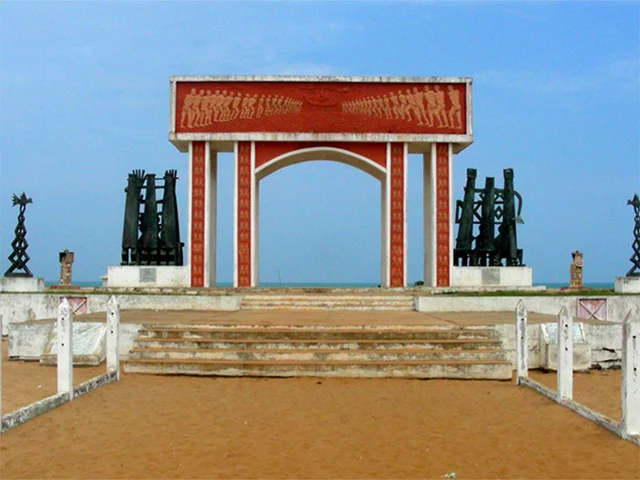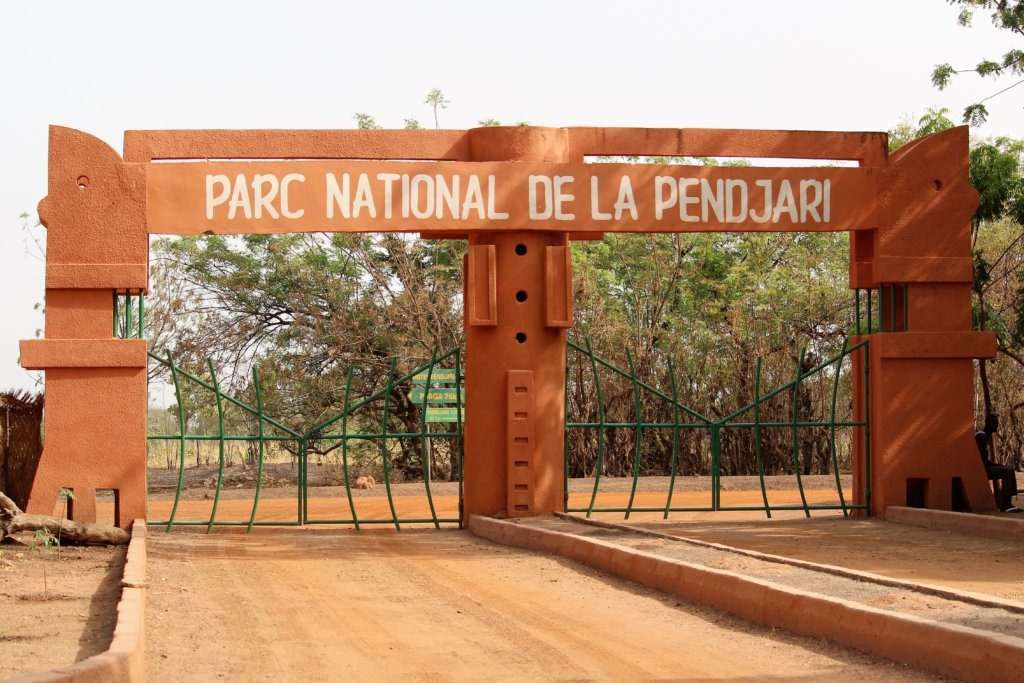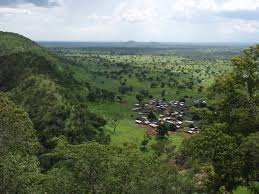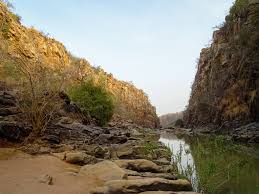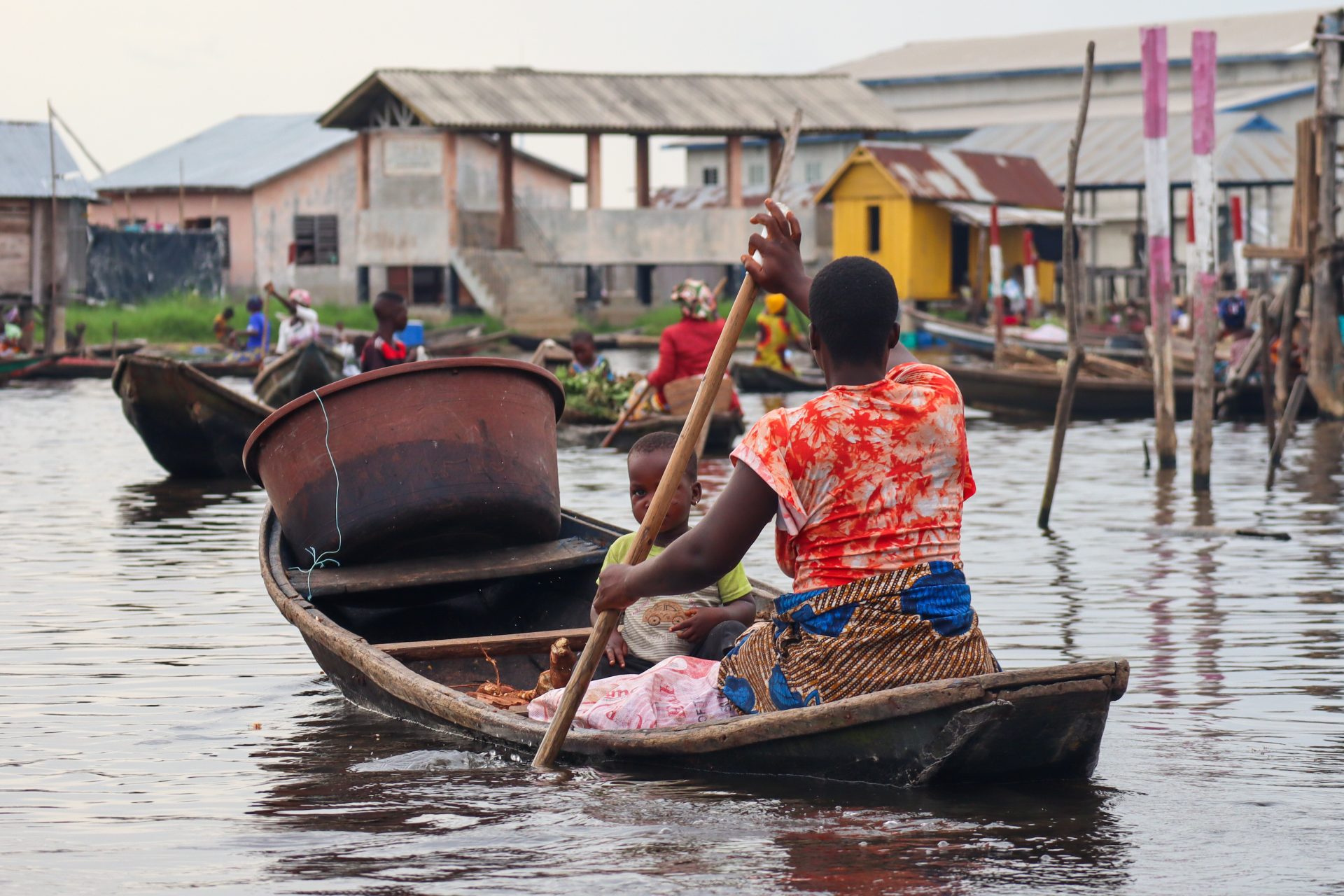Quick Facts - About Benin
-
About Benin
Benin is a vibrant and culturally rich country located in West Africa, bordered by Togo, Nigeria, Burkina Faso, and Niger. Its capital is Porto-Novo, but the largest and most dynamic city is Cotonou, which serves as the economic hub. Benin is widely regarded as the birthplace of Vodun (Voodoo), a traditional religion that remains deeply rooted in the country's culture and is celebrated with festivals and rituals, especially in the city of Ouidah. The country is also known for its historical significance as the former Kingdom of Dahomey, a powerful African empire whose legacy is preserved in royal palaces, museums, and oral traditions. Benin boasts a diverse landscape ranging from coastal beaches and lagoons to savannas and forests. It is also home to Pendjari National Park, one of the best wildlife reserves in West Africa, where visitors can see elephants, lions, antelopes, and more. With its rich history, welcoming people, and cultural depth, Benin offers an unforgettable experience for travelers seeking both adventure and authenticity.
-
Benin's History
Benin’s history is deeply rooted in the powerful Kingdom of Dahomey, which rose to prominence in the 17th century. Centered in what is now southern Benin, Dahomey was known for its military strength, elaborate royal courts, and the famed all-female warrior regiment known as the Dahomey Amazons. During the 18th and 19th centuries, the kingdom played a significant role in the Atlantic slave trade, with the port city of Ouidah becoming a key hub for the export of enslaved Africans. In the late 19th century, Dahomey came under French colonial rule, becoming part of French West Africa. The region was named French Dahomey and remained under French control until it gained independence on August 1, 1960. After independence, the country experienced a period of political instability, marked by a series of coups. In 1975, it was renamed the People’s Republic of Benin under a Marxist regime. The country eventually transitioned to a democratic government in 1990, making it one of the first African nations to do so peacefully. Today, Benin is recognized for its stable democracy and its efforts to preserve and promote its rich cultural and historical heritage.
-
Adventures in Benin
Benin offers a variety of adventurous experiences that appeal to nature lovers, history buffs, and cultural explorers alike. 🐘 Wildlife Safari in Pendjari National Park: Located in the north, this UNESCO Biosphere Reserve is one of West Africa’s top safari destinations. Visitors can spot elephants, lions, antelopes, baboons, hippos, and over 300 bird species. 🏛️ Explore the Royal Palaces of Abomey: These UNESCO World Heritage Sites offer a deep dive into the history of the Dahomey Kingdom with its royal artifacts, murals, and ancestral shrines. 🔮 Voodoo Trails in Ouidah: Known as the spiritual capital of Vodun (Voodoo), Ouidah offers a fascinating journey through sacred forests, temples, and the annual Voodoo Festival held every January. 🏞️ Hiking in the Atakora Mountains: Discover the natural beauty of northern Benin through scenic hikes, waterfalls like Tanougou Falls, and visits to traditional Somba villages with their unique mud-brick fortress homes. 🛶 Lake Nokoué and Ganvié – The Venice of Africa: Enjoy a canoe ride through the stilt village of Ganvié, built entirely over water and full of vibrant daily life and traditional fishing practices.
-
Benin's Culture
Benin is a vibrant country with a deep cultural heritage shaped by diverse ethnic groups such as the Fon, Yoruba, Bariba, and Somba. The country is famously known as the birthplace of Vodun (Voodoo), a traditional religion that continues to play a vital role in daily life, festivals, and ceremonies. Music and dance are integral parts of Beninese culture, with rhythmic drumming and lively performances celebrating everything from religious rituals to social gatherings. Traditional crafts, including textile weaving, pottery, and bronze casting, are highly valued and often passed down through generations. Festivals like the annual Voodoo Festival in Ouidah and various tribal ceremonies showcase the country’s spiritual depth and communal spirit, attracting visitors eager to experience Benin’s authentic cultural expressions. Hospitality is a key cultural trait, and visitors often find themselves warmly welcomed to participate in local traditions and celebrations.
-
Benin's Economy
Benin is a lower-middle-income country in West Africa, with a GDP of approximately $23.07 billion (nominal) and $68.91 billion (PPP) in 2025. The economy is characterized by a significant informal sector, with agriculture, services, and industry contributing 25.6%, 51.3%, and 23.1% to GDP, respectively.
-
Essential Travel Tips for Tourists Visiting Benin
Do's and Don'ts
✅ Carry local currency (West African CFA franc) for small purchases; ATMs are available in major cities like Cotonou.
✅ Dress modestly and respectfully, especially when visiting religious or rural areas.
✅ Try local cuisine such as puff-puff, amiwo, and wagasi cheese for an authentic experience.
✅ Learn a few basic French phrases, as French is the official language, though local languages like Fon and Yoruba are widely spoken.
✅ Use reputable guides or tour operators (like Authentic Africa Tours) for safe and enriching cultural experiences.
✅ Stay hydrated and use bottled water to avoid waterborne illnesses.
✅ Respect local customs and religious practices, especially during festivals and visits to Vodun sites.
✅ Keep your valuables secure and be cautious in crowded areas.
❌ Don’t photograph people without permission, especially in rural villages or sacred sites.
❌ Avoid political discussions or demonstrations, as they can sometimes turn tense.
❌ Don’t ignore health precautions—make sure your vaccinations are up to date and consider malaria prophylaxis.
❌ Avoid traveling at night, especially outside major cities, due to limited road lighting and security concerns.
❌ Don’t disrespect traditional beliefs or ceremonies; approach with curiosity and respect.
❌ Don’t litter — help keep Benin’s beautiful sites clean.
Benin Weather and Climate
Benin has a tropical climate, characterized by warm temperatures year-round and distinct wet and dry seasons. The climate varies slightly between the coastal south and the northern interior:
Southern Benin (e.g., Cotonou, Ouidah):
Two rainy seasons: April–July and September–October
Two dry seasons: December–March (main dry) and August (short dry spell)
Northern Benin:
One rainy season: May–October
One dry season: November–April, with Harmattan winds bringing dry, dusty air from the Sahara from December to February
Best Time to Visit Benin
The ideal time to visit Benin is during the dry season, from November to March, when:
The weather is cooler and more comfortable.
Roads are more passable, especially for traveling to parks and rural areas.
Wildlife viewing and cultural festivals are more accessible.
Precautionary Measures for Tourists
Hydration: Carry bottled water and stay well-hydrated, especially in the hot north.
Sun Protection: Use sunscreen, hats, and sunglasses to protect against strong sunlight.
Insect Protection: Mosquito repellent and mosquito nets are essential, especially during the rainy season.
Vaccinations: Yellow fever vaccination is mandatory. Consider malaria prophylaxis and other recommended vaccines.
Road Travel: Conditions vary — use a reliable guide or tour operator for long-distance travel.
Health & Hygiene: Carry a basic medical kit and use hand sanitizer, especially in remote areas.
Benin Currency – The West African CFA Franc (XOF)
The official currency of Benin is the West African CFA Franc, abbreviated as XOF. It is shared by eight West African countries and is guaranteed by the French Treasury. The currency is stable and commonly used in daily transactions throughout the country.
Currency Details
Coins: 1, 5, 10, 25, 50, 100, 200, 250, and 500 CFA
Banknotes: 1,000, 2,000, 5,000, and 10,000 CFA
Currency Tips for Tourists
Exchange: Euros (EUR) and U.S. Dollars (USD) are widely exchangeable at banks and licensed forex bureaus.
ATMs: Available in major cities like Cotonou and Porto-Novo; Visa is more commonly accepted than MasterCard.
Credit/Debit Cards: Accepted in high-end hotels, restaurants, and supermarkets; cash is preferred in local areas.
Cash: Always carry some CFA Francs for small purchases, local transport, and rural travel.

